The Diamond Dove, (Geopelia cuneata) is also known as the Little Turtle Dove and is one of the smallest of the Australian doves. Diamond doves have become one of the most popular aviary birds, and make an excellent choice for beginners. Diamond doves for sale do not require special insect food, rarely get sick, and in large aviaries (not small enclosures/cages) they can usually be kept with other small, peaceful, birds such as finches. Diamond Doves birds spend a lot of time on the ground and require a wide area to walk around. Wire-bottomed cages are not desirable; also, the floor of the cage should be kept clean since they will be walking on it. The cage should also contain perches spaced widely enough for the bird to fly safely.
Geography: Dry central deserts of northern and central Australia.
Song / Call: Diamond doves have a variety of calls. There seems to be a long distance communication call consisting of two long coos, a pause, and a long, short, and a long coo. These call also seems to be shortened into a two long coos. Birds in captivity will imitate other calls made by humans. Click to hear the Diamond Dove
Size / Weight: 7.5-8.3″ / 23-32 g
Temperament: Diamond Doves are gentle, and will not bite you when handled. Diamond Doves are not ideal pets for children, who may want a bird that they can hold and pet. These pet birds do well in a garden aviary setting where they can fly and interact with nature and one another. Beware of adding larger or more aggressive birds, however, because your doves do not have the ability to defend themselves against them. These pet birds are social and if they are not bonded to people, they will need a dove companion.
Breeding: Diamond Doves build nests in open scoops, and will appreciate open-topped nest baskets. They will nest in whatever they find, however, including the seed dish. The male diamond dove usually begins the mating sequence by finding a nesting site and then repeatedly call (advertising call) for a female to join him and start building a nest. If he can persuade the female that he has an adequate nesting site then he will start carrying twigs and straw to the site while she arranges the material in a way that will withstand the weight of the parents and the babies. Nests are fragile affairs often made up of interwoven gasses and/or twigs.
Lifespan: In captivity diamonds live 10 to 14 years or more. However, some people have been reported of having had diamonds that lived into their twenties.” (2)
Diet: Diamond doves should be encouraged to eat a variety of greens and vegetables in addition to Dove Seed and Australian Blend Goldenfeast. They swallow seeds whole and should be given access to Mineral Grit to help digest the seeds. In winter, the birds suffer in cold and should not be placed near drafts; a heating pad or basking rock (such as those sold in pet stores for lizards) can be used as a supplemental heat source, and are greatly enjoyed by many diamond doves.
DNA Testing
If there is no gender option listed for a bird on our website, that particular species is ‘monomorphic’, which means we’re unable to determine gender without purchasing DNA testing. DNA testing is an additional $149 per bird to guarantee preferred gender. DNA testing may add an additional 3-6 plus weeks to estimated delivery time to allow for gender results. See our FAQs for more info..

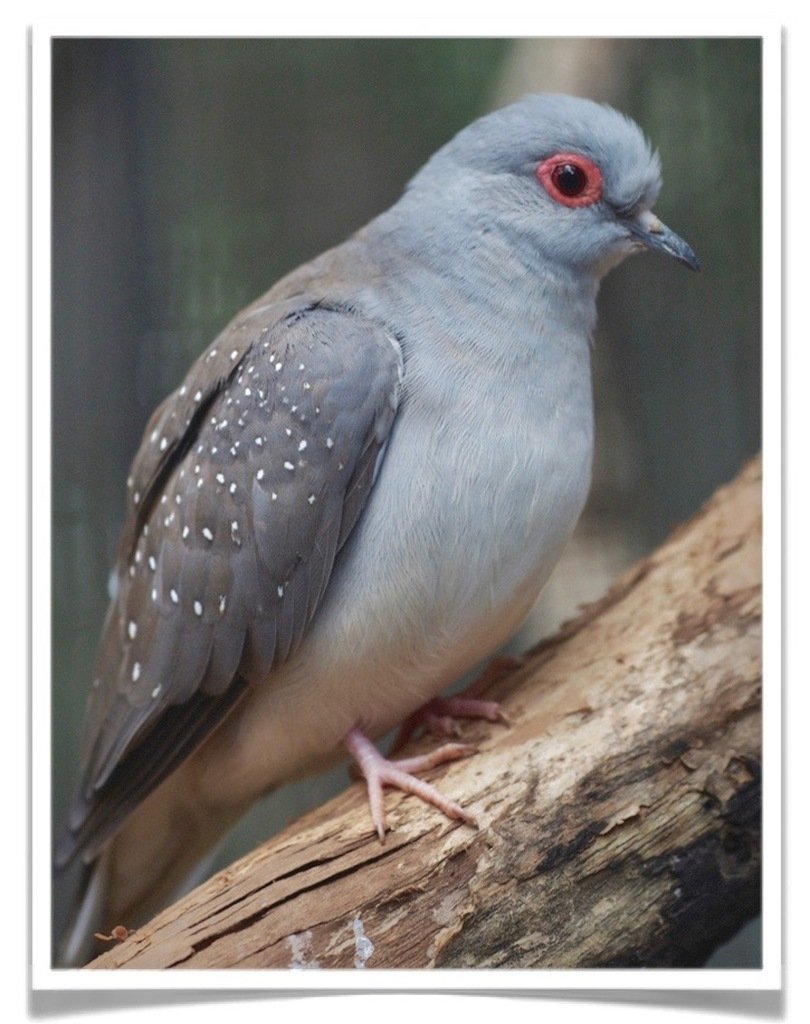


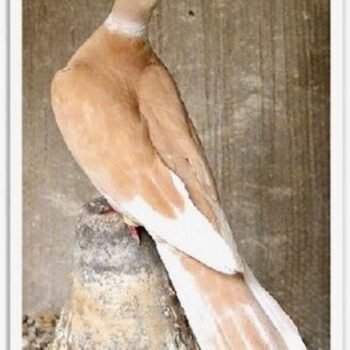
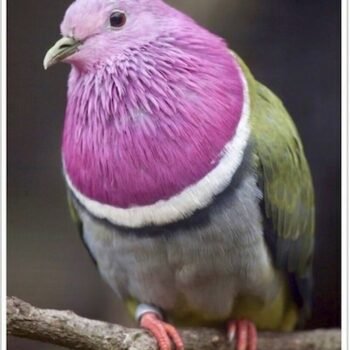
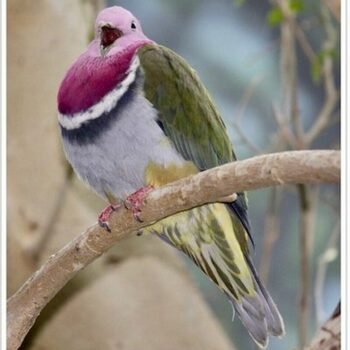
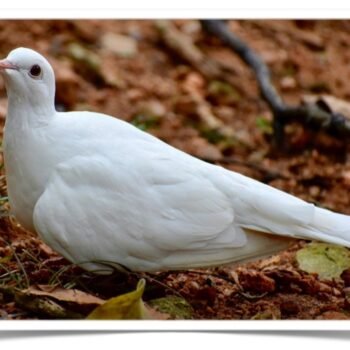

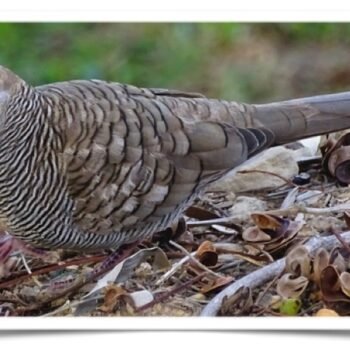

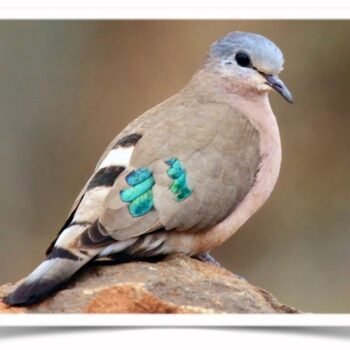
Reviews
There are no reviews yet.